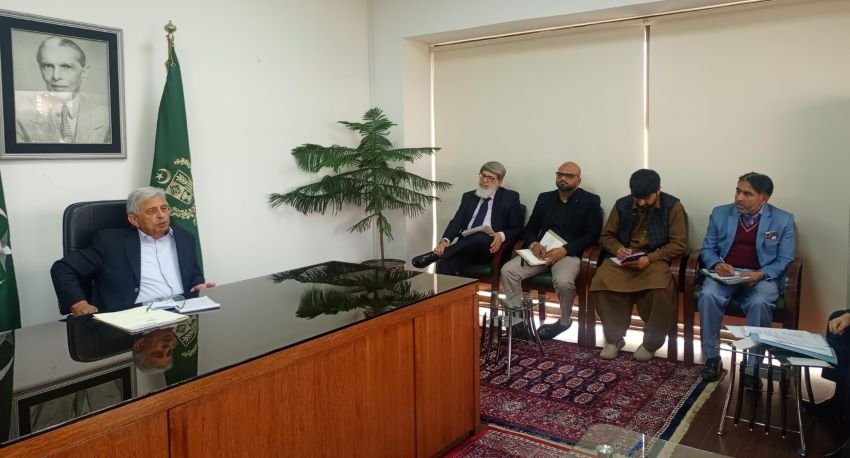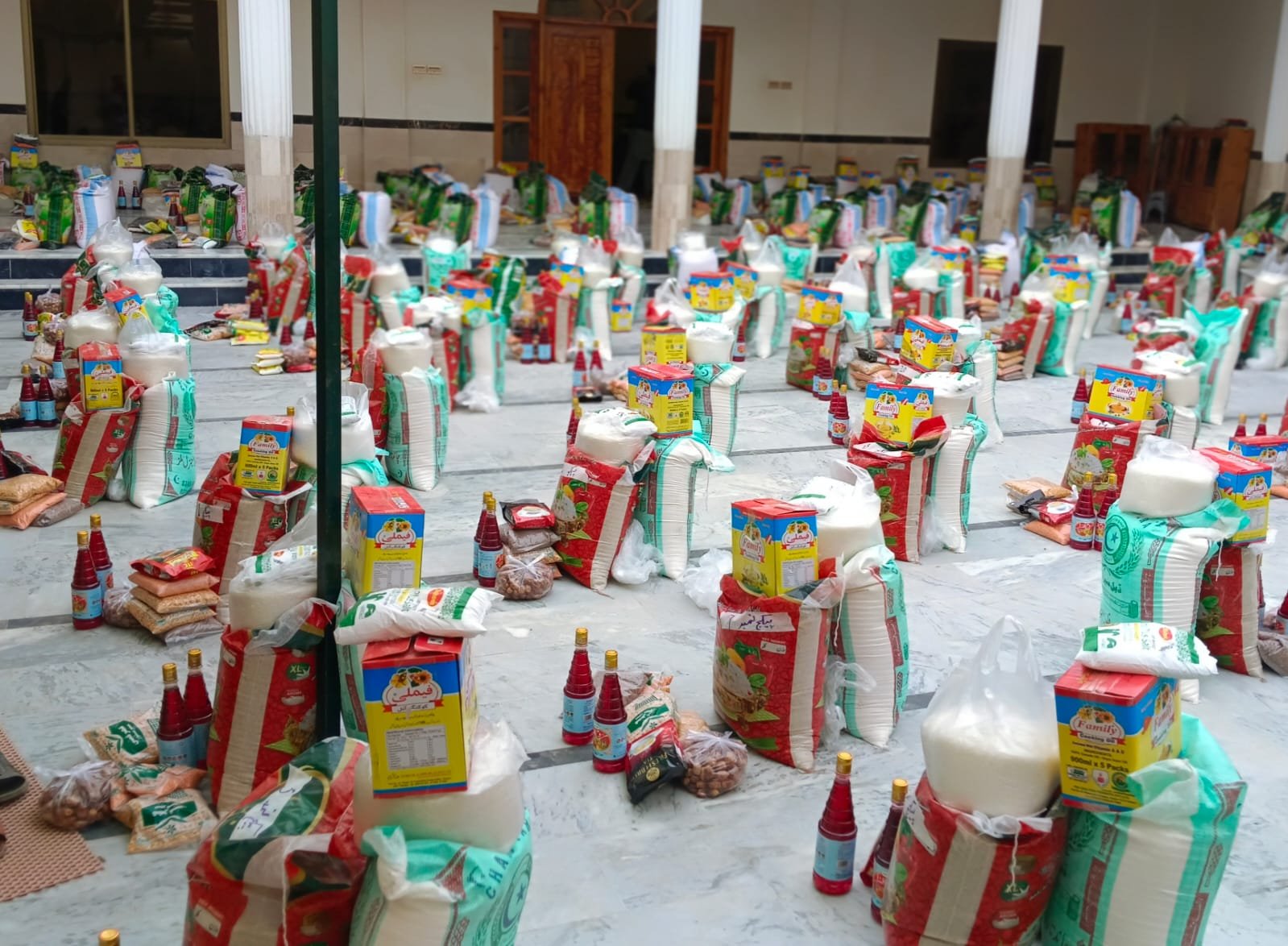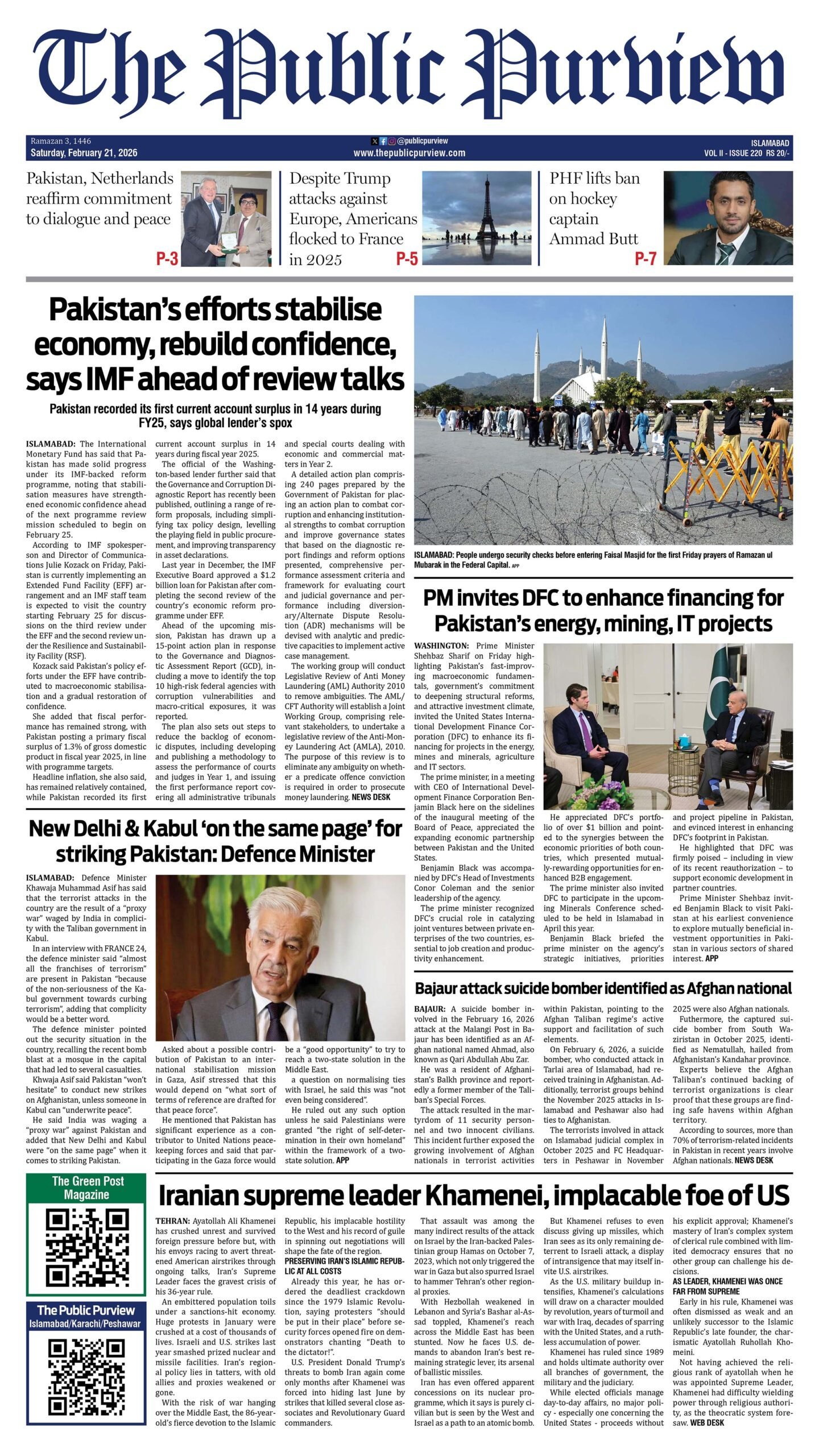Pakistan’s proactive diplomatic outreach at the Shanghai Cooperation Organization (SCO) Council of Foreign Ministers’ meeting, held in Beijing and Tianjin, signifies the country’s renewed commitment to regional cooperation and multilateralism. Deputy Prime Minister and Foreign Minister Senator Mohammad Ishaq Dar represented Pakistan at this important diplomatic gathering, highlighting Islamabad’s strategic intent to deepen relationships within the Eurasian bloc.
The joint call on Chinese President Xi Jinping by the SCO foreign ministers was the centerpiece of the engagement. Held at the majestic Great Hall of the People in Beijing, the meeting saw President Xi reiterate China’s vision of enhanced regional unity, security and development under the SCO framework. His message was one of shared growth and mutual respect core principles upon which the SCO has been built. Encompassing a vast Eurasian geography and representing a large portion of the world’s population, the SCO stands as a vital platform for dialogue and coordinated action in a world grappling with geopolitical volatility.
Deputy Prime Minister Dar’s meeting with President Xi provided a valuable opportunity to convey the greetings and well-wishes of Pakistan’s leadership and its people. In his remarks shared on social media Dar emphasized the enduring strength of the Pakistan China relationship, describing it as one between iron-clad brothers and All Weather Strategic Cooperative Partners. His statements reaffirmed the continuity of Pakistan’s foreign policy orientation toward deepening its bond with China a relationship marked not just by diplomatic niceties but by decades of economic, military, and strategic collaboration.
Beyond the ceremonial aspects, Dar’s visit to China was a robust exercise in bilateral diplomacy. On the sidelines of the SCO meeting he held a series of meaningful bilateral engagements with his counterparts from key Central Asian states, further extending Pakistan’s outreach across the region.
In his meeting with Kyrgyz Foreign Minister Kulubaev Zheenbek Moldokanovic in Tianjin, both leaders reflected on the longstanding bilateral ties between Pakistan and Kyrgyzstan. Discussions emphasized the importance of expanding cooperation in areas of mutual interest such as trade, connectivity, education, and regional stability.
As Pakistan seeks greater economic and political linkages across Central Asia, Kyrgyzstan remains a critical partner in advancing these goals, particularly under regional connectivity initiatives like the Quadrilateral Traffic in Transit Agreement (QTTA) and the China-Pakistan Economic Corridor (CPEC), which can be extended northwards.
Equally significant was Dar’s meeting with Kazakh Deputy Prime Minister and Foreign Minister Murat Nurtleu. Kazakhstan, being the region’s economic powerhouse, holds particular importance in Pakistan’s regional strategy. Both leaders discussed enhancing economic cooperation, expanding trade and strengthening collaboration at multilateral forums. In light of Pakistan’s energy needs and Kazakhstan’s vast reserves, avenues for energy cooperation may also have featured in the conversations though official details remain sparse.
Further reinforcing Pakistan’s regional approach, Dar also met with foreign ministers from Iran, Uzbekistan, and Belarus. These interactions, held on the sidelines of the SCO Council meeting, underscored Islamabad’s desire to build a broader regional consensus on issues like security, trade facilitation, and counterterrorism. Dar called these engagements a valuable opportunity to exchange views and reinforce regional cooperation during these challenging times a phrase that not only acknowledges the complex global environment but also hints at Pakistan’s aspirations to play a more prominent role in shaping regional dialogue.
What emerges from these engagements is Pakistan’s clear recognition that regional diplomacy cannot be pursued in isolation. At a time when global tensions whether in Eastern Europe, the Middle East, or the Indo-Pacific are testing the resilience of multilateral systems, platforms like the SCO offer smaller and mid-sized countries a chance to voice their concerns and collaborate on shared challenges without being overshadowed by great-power rivalries.
For Pakistan, deepening its engagement with SCO member states, particularly the Central Asian republics, is a strategic necessity. These countries not only share religious, cultural, and historical ties with Pakistan but are also vital to its long term economic vision, particularly in the context of regional integration and connectivity.
In conclusion, Senator Ishaq Dar’s presence and active diplomacy at the SCO Council of Foreign Ministers’ meeting reaffirm Pakistan’s belief in cooperative regionalism. As global dynamics continue to shift, Islamabad’s renewed engagement with the SCO must be seen not merely as symbolic participation, but as a calculated effort to secure its interests and contribute to regional peace and prosperity.







 Today's E-Paper
Today's E-Paper